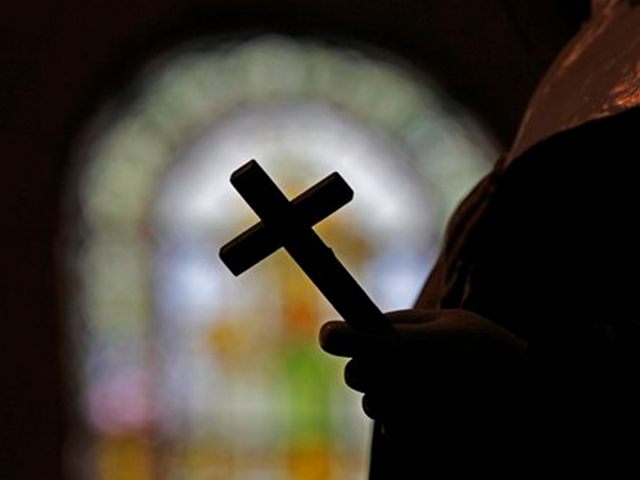The U.S. Supreme Court has ruled 8-1 in favor of a Christian student who was barred from sharing his faith at Georgia Gwinnett College in 2016.
In January, the Supreme Court heard oral arguments in the free speech case involving Christian student Chike Uzuegbunam, who sued school officials after being prevented from speaking about his faith or distributing Christian literature on campus.
The student had been peacefully sharing the gospel with fellow students on Georgia Gwinnett College campus in 2016 when campus police stopped him and told him he needed to make an advance reservation to speak in one of two tiny campus “speech zones” that were only open a few hours a week.
“But when Uzuegbunam obtained the required permit and tried to speak in a free speech zone, a campus police officer again asked him to stop, this time saying that people had complained about his speech,” Justice Clarence Thomas wrote in his opinion for the Court. The high court added:
Campus policy at that time prohibited using the free speech zone to say anything that ‘disturbs the peace and/or comfort of person(s).’ The officer told Uzuegbunam that his speech violated campus policy because it had led to complaints, and the officer threatened Uzuegbunam with disciplinary action if he continued. Uzuegbunam again complied with the order to stop speaking.
The Supreme Court maintained that what happened to Uzuegbunam caused another student on campus to be intimidated into silence with regards to his religious beliefs.
“Another student who shares Uzuegbunam’s faith, Joseph Bradford, decided not to speak about religion because of these events,” said Thomas.
Both Uzuegbunam and Bradford then sued certain college officials who enforced the college’s speech policies, arguing that such policies violated their First Amendment rights, and “sought nominal damages and injunctive relief.”
College officials responded by ultimately deciding to change their policies on campus, rather than defend them, and “sought dismissal on the ground that the policy change left the students without standing to sue,” the Supreme Court said.
Thus, lower courts said the case was moot and should be thrown out, but the Supreme Court disagreed, and went on to state that Uzuegbunam has established “injury” that is “fairly traceable to the challenged conduct,” which is needed to satisfy the “irreducible constitutional minimum” of Article III of the Constitution.
“Uzuegbunam experienced a completed violation of his constitutional rights when respondents enforced their speech policies against him,” said the Supreme Court. “Nominal damages can redress Uzuegbunam’s injury even if he cannot or chooses not to quantify that harm in economic terms.”
The court goes on to state that “because nominal damages were available at common law in analogous circumstances, we conclude that a request for nominal damages satisfies the redressability element of standing where a plaintiff’s claim is based on a completed violation of a legal right.”
On Monday, the Supreme Court sided 8-1 with Uzuegbunam, and against Georgia Gwinnett College, with Chief Justice John Roberts filing a dissenting opinion, dissenting only on whether the case was over, not on whether the school violated the student’s free speech.
The case is Uzuegbunam v. Preczewski, No. 19-968 in the Supreme Court of the United States.
You can follow Alana Mastrangelo on Facebook and Twitter at @ARmastrangelo, on Parler @alana, and on Instagram.

COMMENTS
Please let us know if you're having issues with commenting.